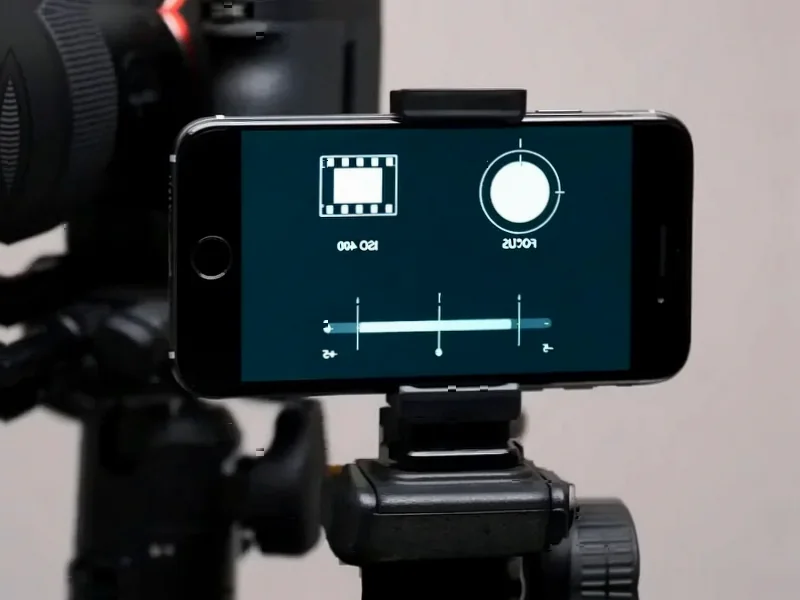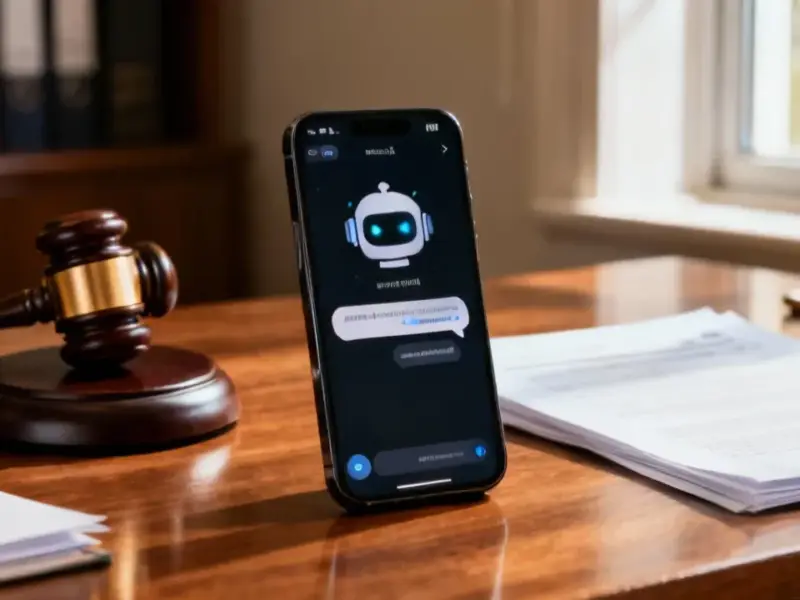According to MacRumors, Apple released the first beta of iOS 26.2 to developers on Tuesday, and it will allow users in Japan to install alternative app marketplaces when it launches publicly in December 2025. The beta already enables Japanese iPhones to install stores like AltStore PAL and Epic Games, though Fortnite in-app purchases remain region-blocked by Epic. This follows Japan’s parliament approving legislation in June 2024 requiring Apple to permit third-party app stores and payment providers. The Japan Fair Trade Commission then established the Mobile Software Competition Act Guidelines in August 2025, explicitly banning platform operators from blocking alternative stores and payment systems.
The App Store Walls Are Crumbling
So Japan becomes only the second market after the EU where Apple is being forced to open up its walled garden. And honestly, it’s about time. We’ve seen this movie before with the EU’s Digital Markets Act, where Apple implemented the bare minimum required while adding enough friction to make alternative stores less appealing.
Here’s the thing: Apple doesn’t want this. They make billions from their 15-30% App Store commission. Letting users install apps from elsewhere directly threatens that revenue stream. But regulators are finally catching up to the fact that having one company control everything on your phone isn’t great for competition.
What’s Actually Changing?
Based on the early beta testing, Japanese iPhone users will soon be able to sideload apps from stores like Epic Games. That’s huge for developers who’ve been fighting Apple’s restrictions for years. But don’t expect it to be seamless.
Look at what happened in Europe – Apple added scary security warnings, made the installation process clunky, and still maintains significant control. I’d bet good money we’ll see similar “security” measures in Japan. They’ll comply with the letter of the law while making sure you think twice before leaving their ecosystem.
The Bigger Picture
This Japanese legislation and the official guidelines represent a growing global trend. Regulators are no longer buying the “it’s for your security” argument when there’s clearly an anti-competitive element at play.
But here’s my question: will users actually care? Most people just want their phones to work. The convenience of the App Store might outweigh the theoretical benefits of alternative marketplaces. And let’s be real – how many average consumers even know what sideloading means?
Still, this is significant. Japan is Apple’s third-largest market after the US and China. If they’re forced to open up there, other countries might follow. The dam is cracking, even if the water’s only trickling through so far.



